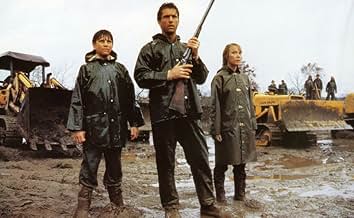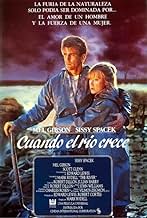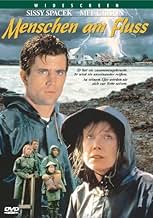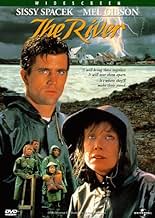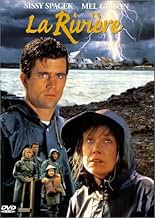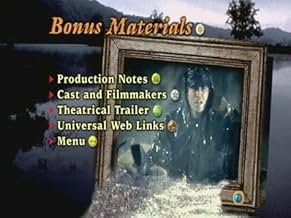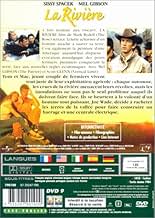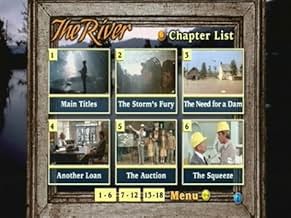A farming family battles severe storms, while taking a valiant stand against a bank foreclosure and a powerful land grabber.A farming family battles severe storms, while taking a valiant stand against a bank foreclosure and a powerful land grabber.A farming family battles severe storms, while taking a valiant stand against a bank foreclosure and a powerful land grabber.
- Nominated for 4 Oscars
- 2 wins & 6 nominations total
Frank Hoyt Taylor
- Zemke
- (as Frank Taylor)
Storyline
Did you know
- TriviaMark Rydell has said of this film: "The River (1984) is a tribute to a vanishing America - - the America of the independent farm family. The Garvey family represents the lifestyle that made America work: continuity of generations, the passing on of traditions, and of knowledge and skills, from fathers to sons, from mothers to daughters - a way of life in which every member of the family is unique and necessary for the survival of all."
- GoofsThroughout the movie, the weather seems to go from hot to very cold. In the beginning scenes you see the Garveys out trying to shore up the levee on there land and you can see their breath. In another seen, Lewis is walking behind his fathers tractor (planting seeds and the tractor over heats scene) in what looks like a hot summer afternoon. Same with the scenes wear Tom goes to the steel mill for work and it's very cold out while back at the farm, Mrs Garvey is sweating on the tractor while spraying the corn.
- Alternate versionsThe BBFC cut the original UK cinema release by 10 seconds. Later home video releases were upgraded to 15 and passed with the cuts restored.
- SoundtracksThe Fireman
Written by Mack Vickery and Wayne Kemp
Performed by George Strait
Courtesy of MCA Recordings, Inc.
Featured review
Lotta screenplay issues here. For working so hard on their farm, why do they look so young and fresh and alive - farming must not be that tough. They had a horrible flood at the beginning of the film and another at the end. Why didn't they plan and shore up the levee? Sissy was caught on a tractor for most of the day, arm crunched by a drive train; lost a lot of blood, but a cast for a while and she pops back to tendin the farm. Mel doesn't ask about that. Just a lot of unanswered questions in a shoddy script. Good points: the cinematography is excellent as is the musical score. Oh, and to get money Tom takes a job as a scab in a union steelworkers mill and doesn't realize it?????? It's not a bad movie ~ it's not a good movie ~ it's a depressing movie because you think after all is said and done, they are set up for failure during the next crop season.
- How long is The River?Powered by Alexa
Details
Box office
- Budget
- $18,000,000 (estimated)
- Gross US & Canada
- $11,489,982
- Opening weekend US & Canada
- $30,027
- Dec 25, 1984
- Gross worldwide
- $11,489,982
- Runtime2 hours 4 minutes
- Color
- Sound mix
- Aspect ratio
- 1.85 : 1
Contribute to this page
Suggest an edit or add missing content



